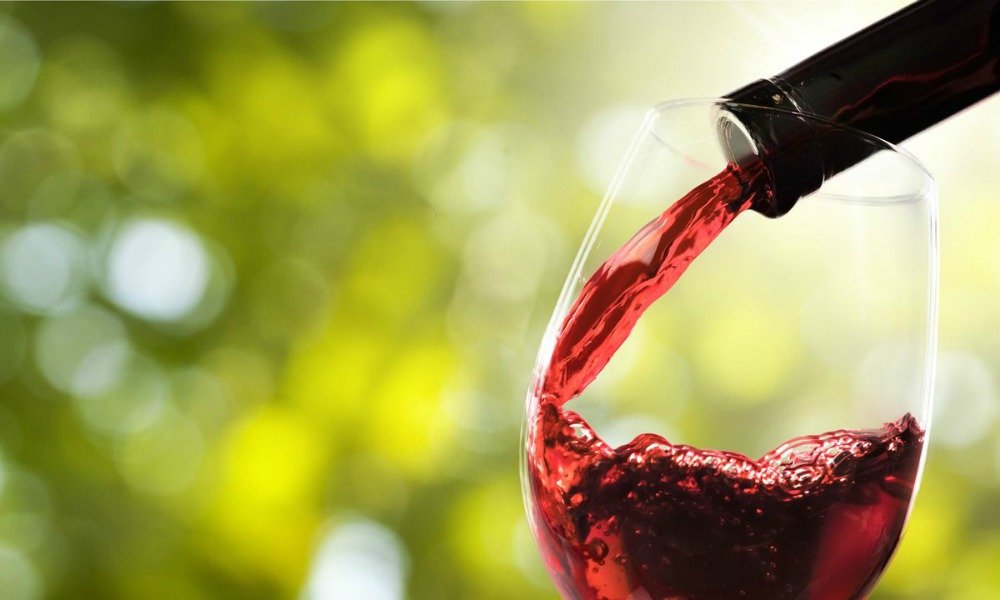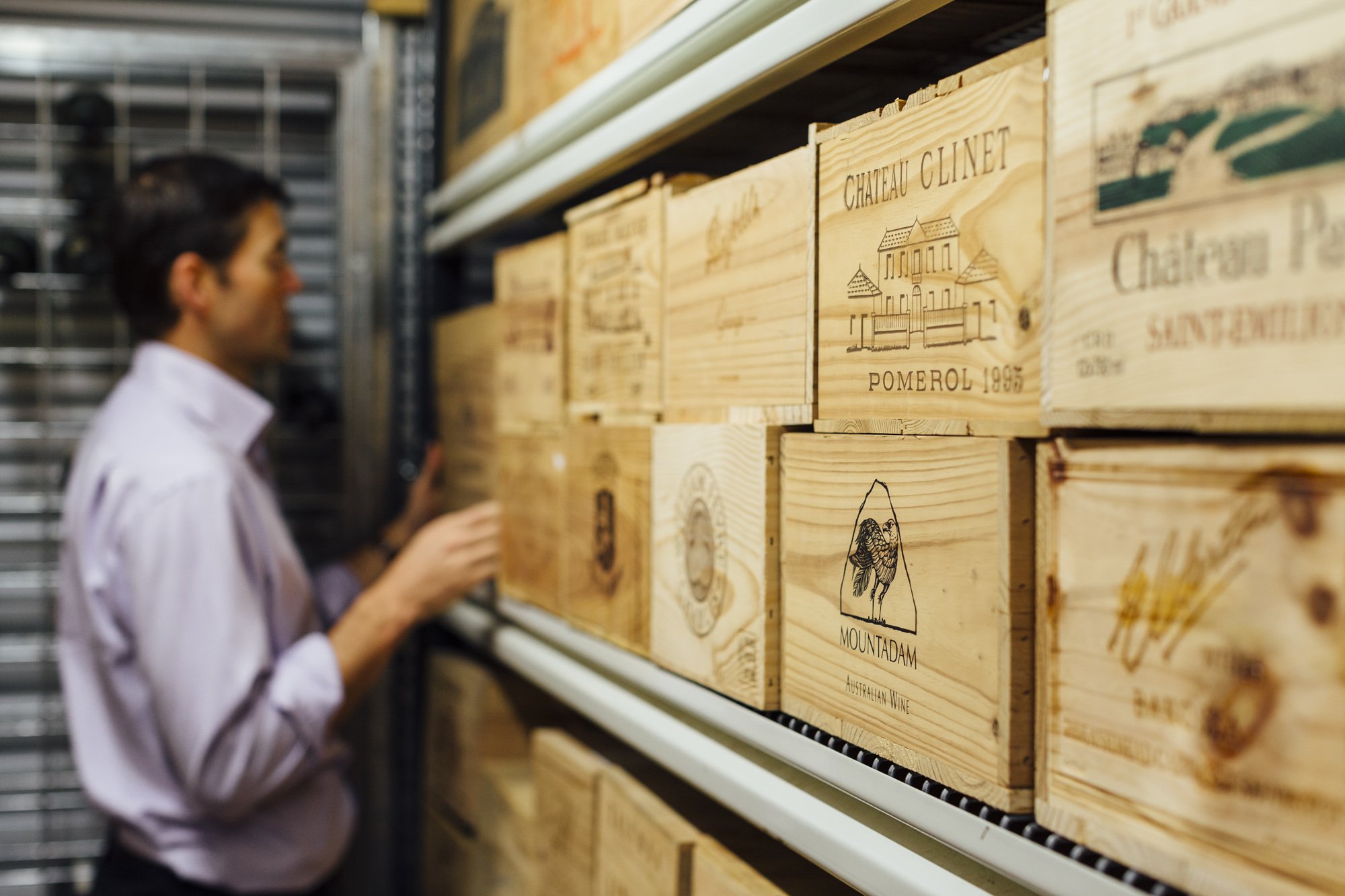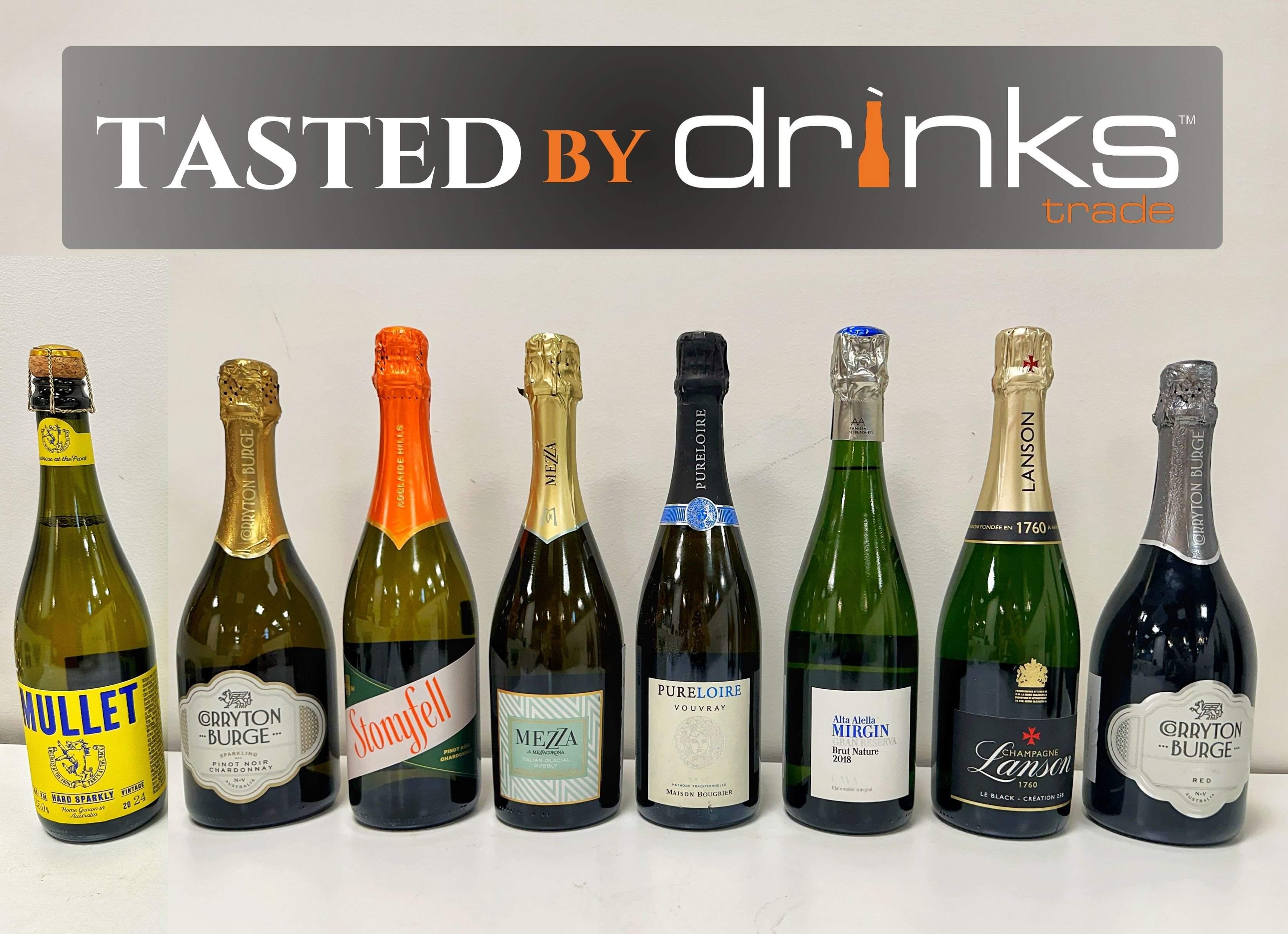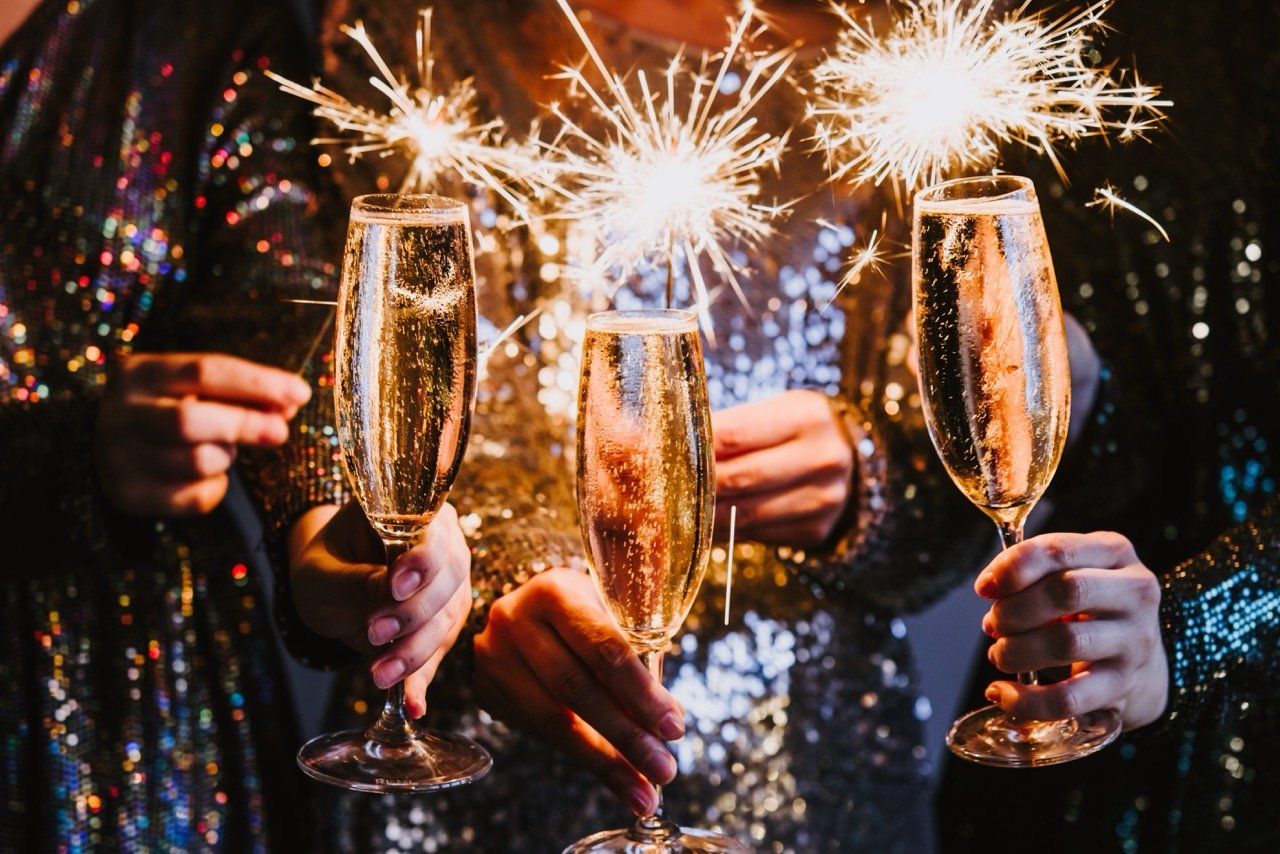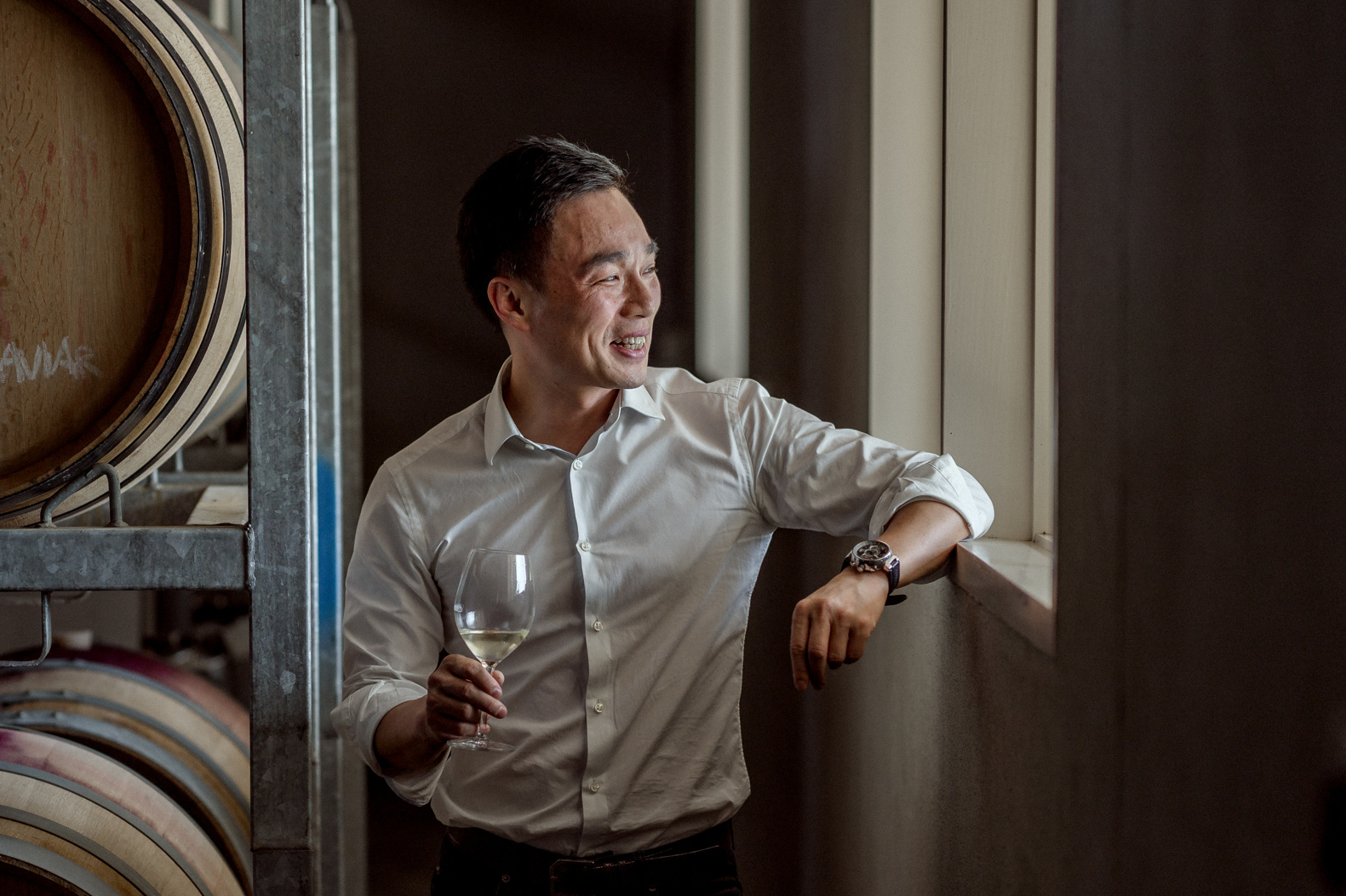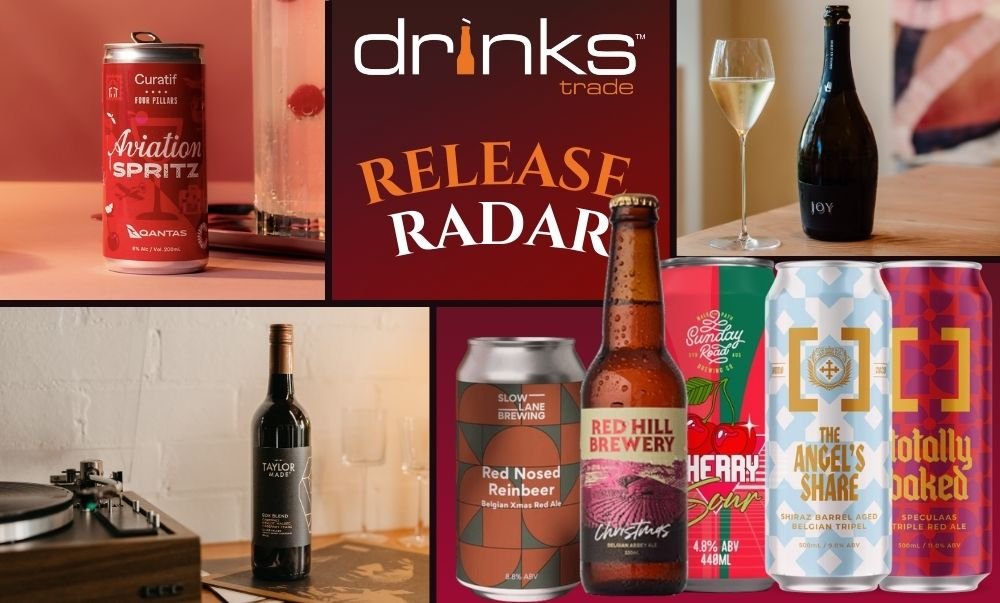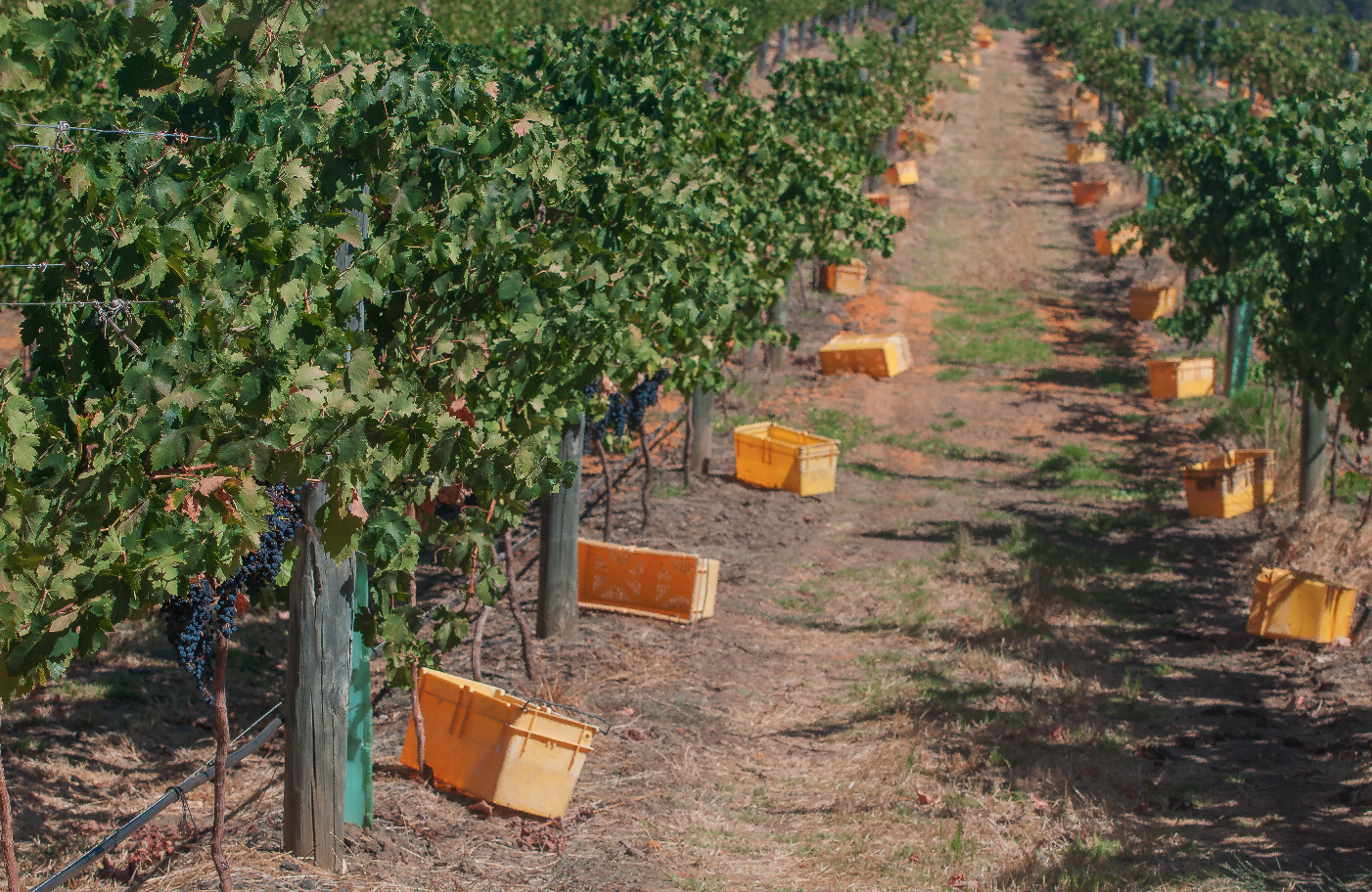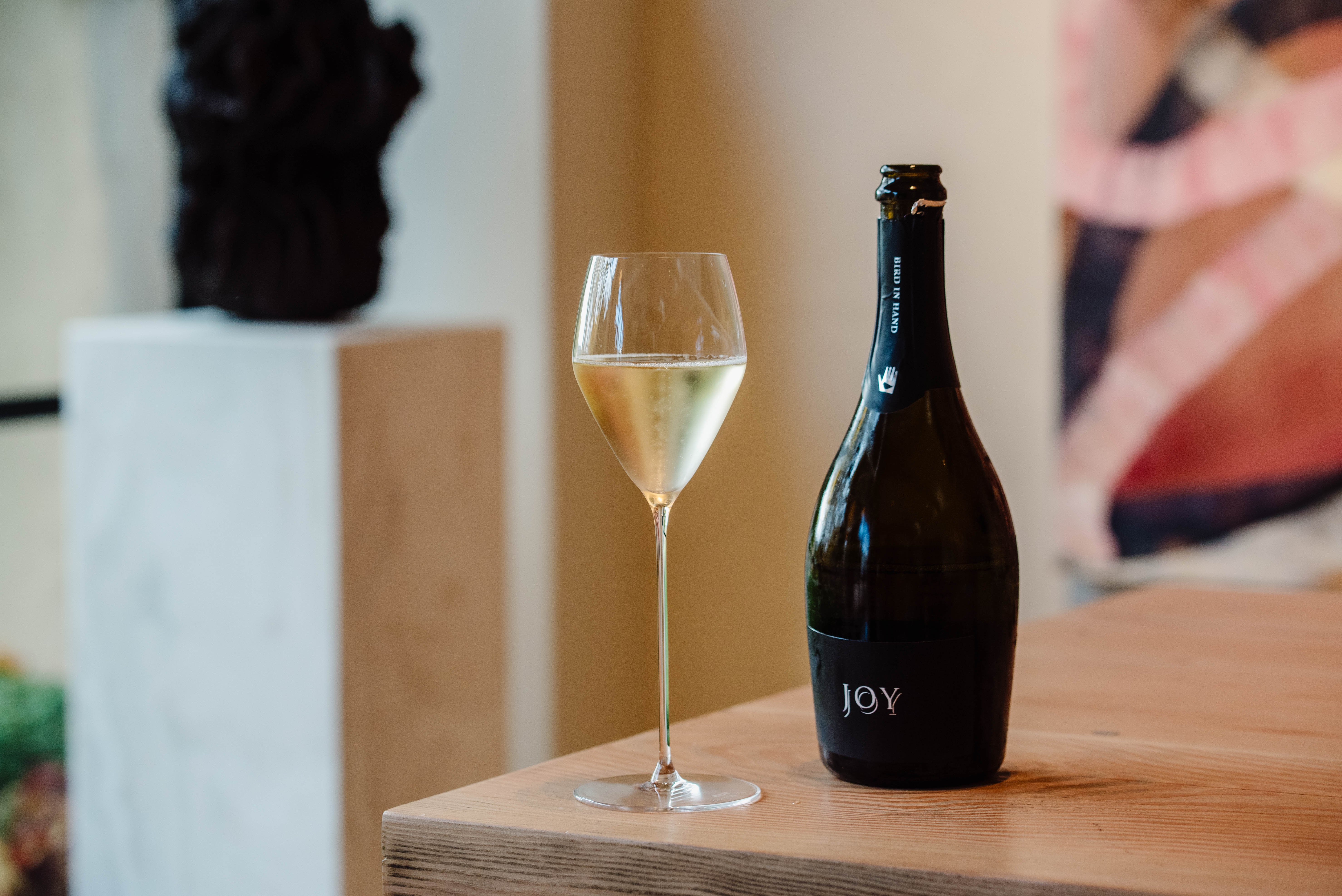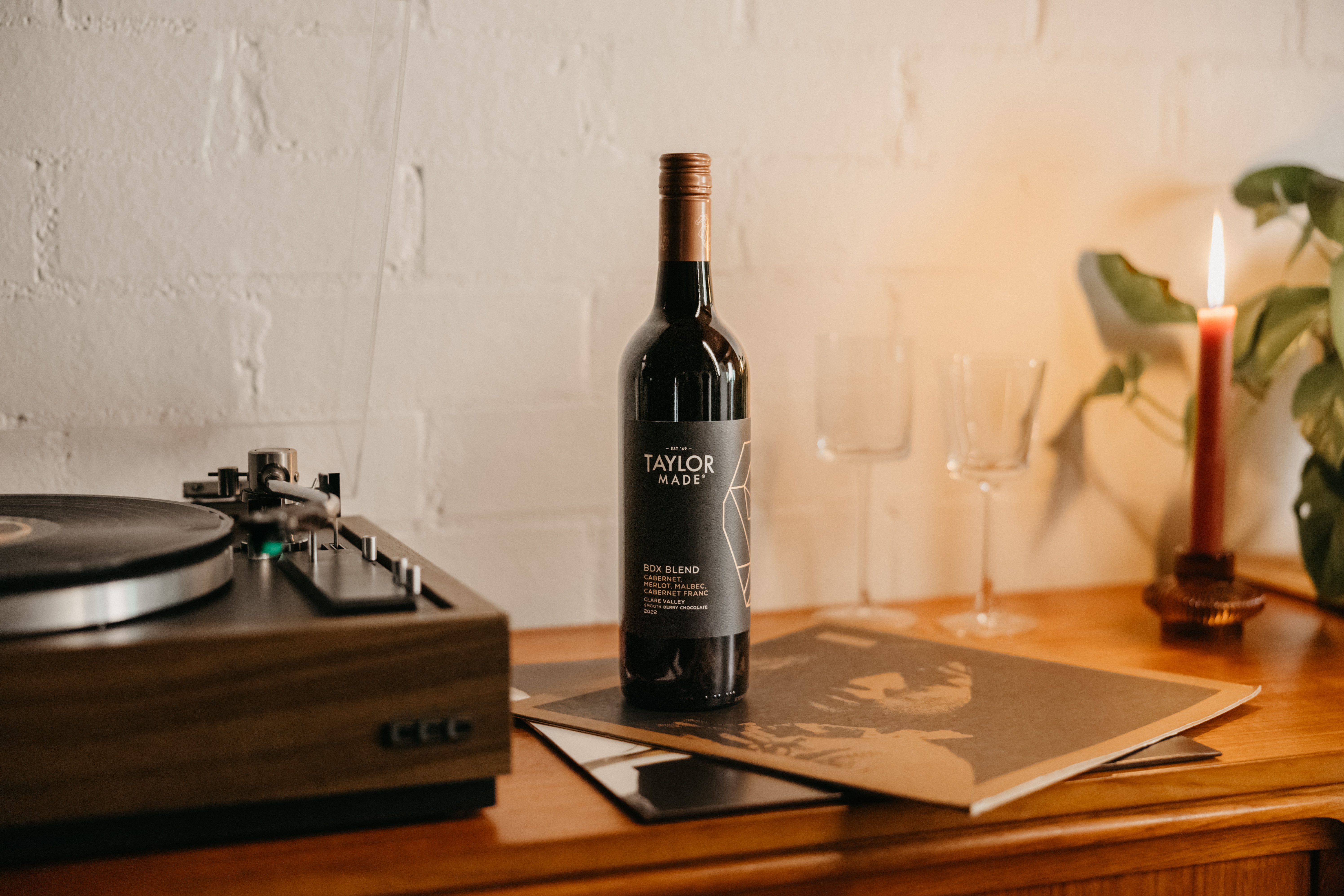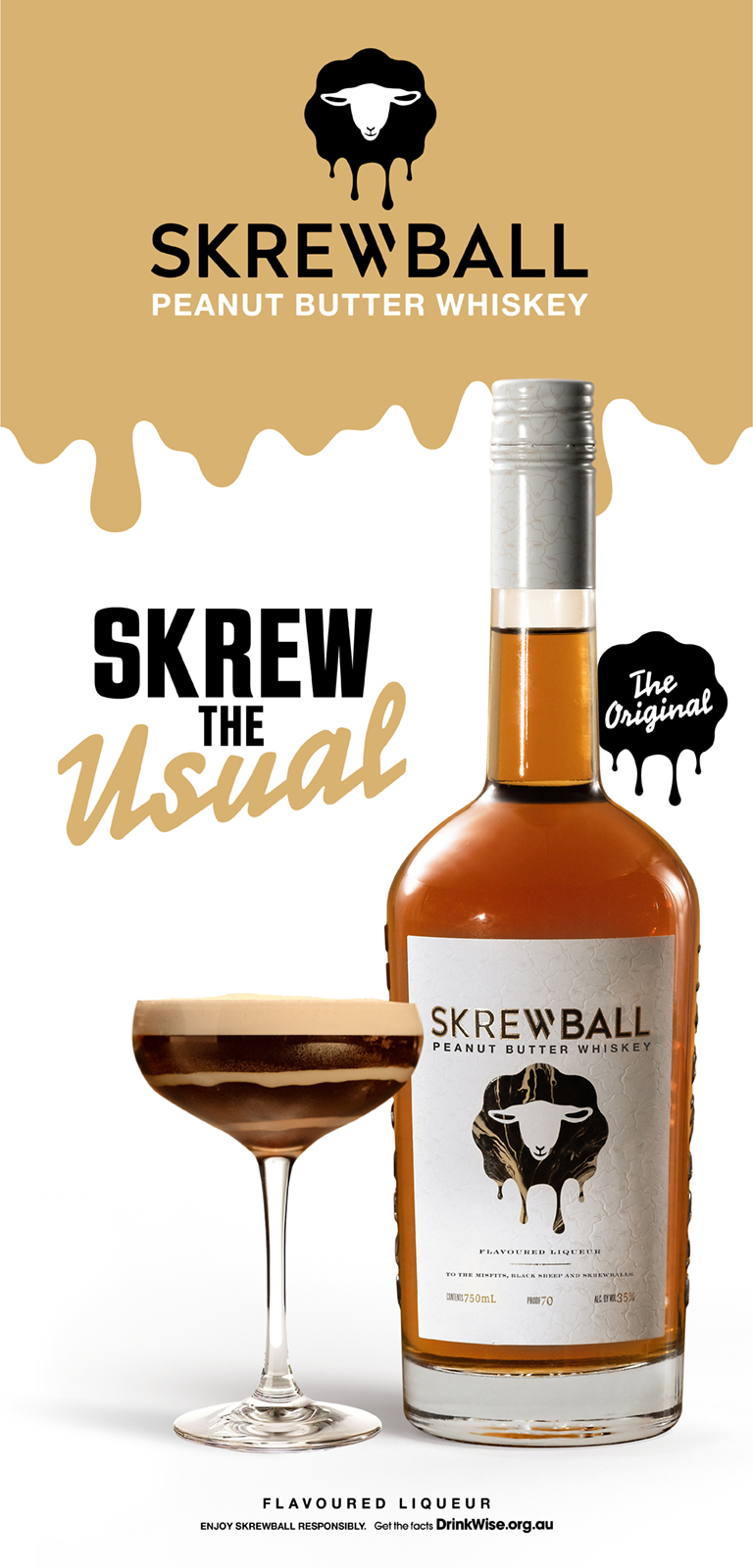Wine experts and analysts are warning a "Millennial retreat" from the wine market is leading to falling sales.
Last year, 21% of US wine drinkers who imbibe regularly were over 65 years old, compared with 16% in 2015. However, the ranks of regular wine consumers aged 21-24 are decreasing, down to 6.5 million in mid-2018 from 7.5 million three years earlier.
And the wave of aging wine drinkers is rolling around the world, with a similar trend noted in Australia, the United Kingdom and elsewhere, according to Wine Intelligence CEO Lulie Halsted.
Halsted recently told the 28th Sonoma County Winegrowers Dollars & Sense Seminar and trade show that while the ranks of the Millennial cohort will rival that of baby boomers over the next decade, the younger group's adoption of wine isn't keeping pace with boomer retirement.
Data analyst Jon Moramarco, from Gomberg Fredrikson, agrees. In his recently presented annual report, he noted that a combination of aging baby boomers and little focus on entry-level products for younger drinkers may be contributing to fewer wine sales this year.
He noted that while the wine market will continue to cannibalize beer sales, cash-prudent Millennials are conscious that drinks such as beer and cider are cheaper to purchase in the on-premise.
Premiumisation, the trend of consumers buying less but paying more for higher quality, is tapering off as the Millennial cohort becomes more price conscious.
"I do think Bordeaux is potentially losing a generation," New York-based sommelier Cedric Nicaise told Wine Searcher.
"The wines are expensive, seen as 'old' by many younger people and are not cool."
Going forward, Moramarco said he expects little real growth in wine consumption from the under-40-year-old wine consumer.
He also noted that in the last 25 years 60% of growth has been in the 50- to 70-year-old cohort. For the next 25 years another 60% of the growth in wine consumption will come from the 70-plus age group.
But he said wine marketers aren't doing enough to keep wine relevant to current legal-age drinkers of all ages.
Halsted and Moramarco's words echo those of Rob McMillan in his annual State of the Wine Industry report.
McMillan said a key reason for slow adoption of wine by Millennial buyers was an “indulgence gap” — income not rising as fast as in past generations or as fast as experiential aspirations.
Halsted believes the category is also suffering due to lower levels of wine knowledge and confidence. Wine Intelligence scores consumers according to a “knowledge index” — knowing facts such as growing regions, major countries of origin and grape varieties — and a “confidence index,” or how easily they order or talk about the beverage.
Wine Intelligence researchers say that Millennials feel more comfortable talking about craft beer and spirits, saying they are “exciting” and “interesting.”
“It feels to them like there is more choice available, and maybe wine isn’t quite up there in their consideration set,” Halsted said.
IWSR marketing manager Hana-Mai Hawkins adds: "We know that Millennials are less brand loyal, and in beverage alcohol, they are less category loyal.
"What this means is that they are more likely to jump between craft beer, spirits and cocktails, and wine. This makes it challenging for brand marketers to capture attention and share."
Halsted also feels the confidence levels of young women are being challenged in on-premises sales such as at restaurants.
She recounted a personal experience of hosting a dinner for industry clients at a high-end London restaurant. The sommelier gave the wine list to a male client at the table then ignored her when she took the list and said she was going to order.
The sommelier returned to the table when she handed the list back to that client, she said.
“Having gender in wine and making assumptions is something that, as an industry in this day and age, we probably need to think harder about in what we do,” Halsted said.
Share the content
